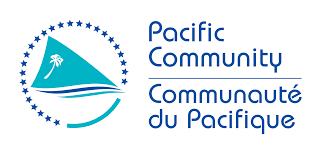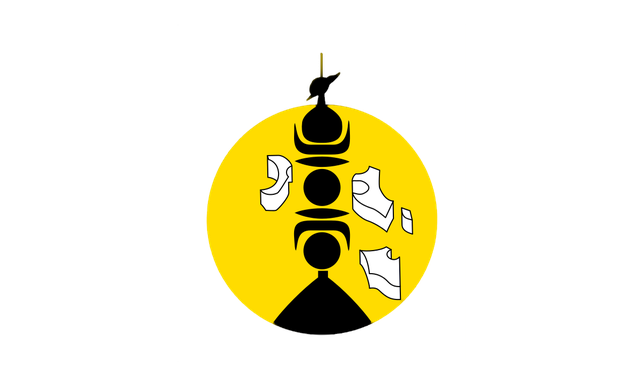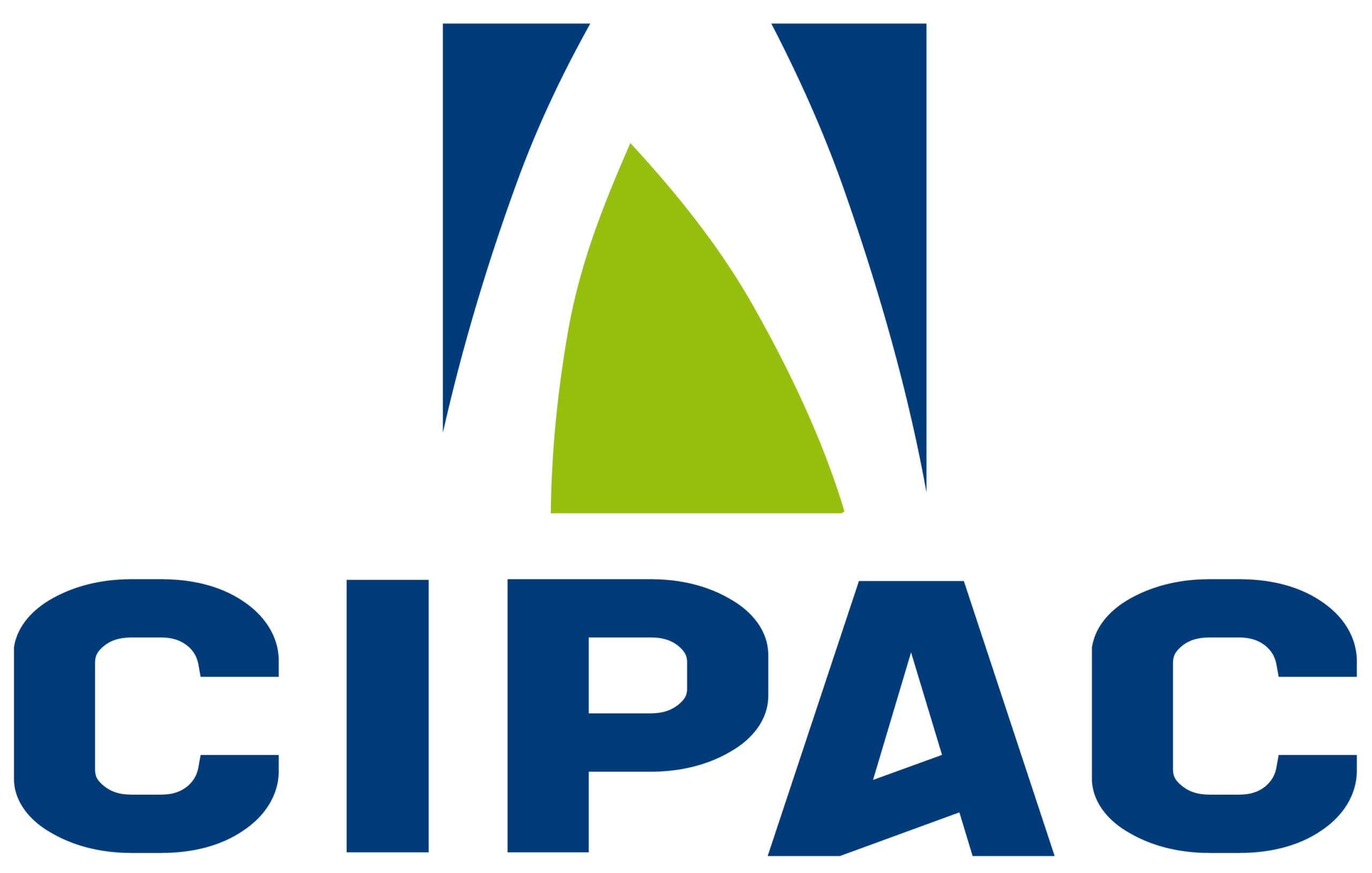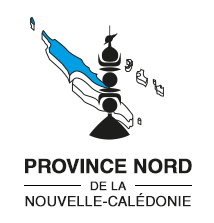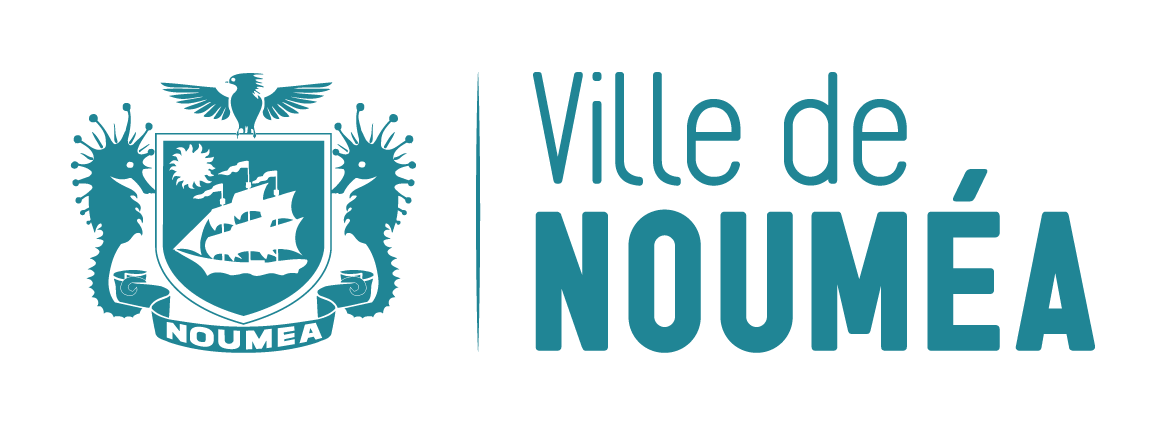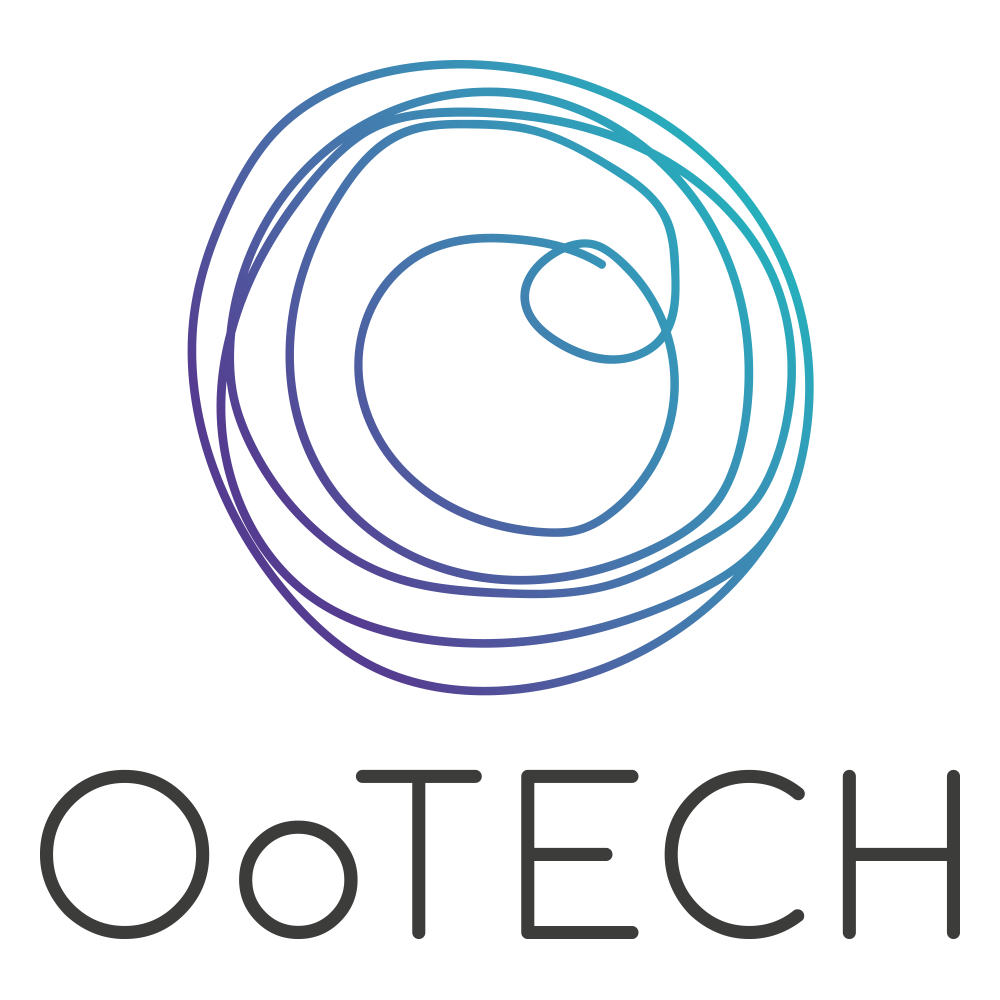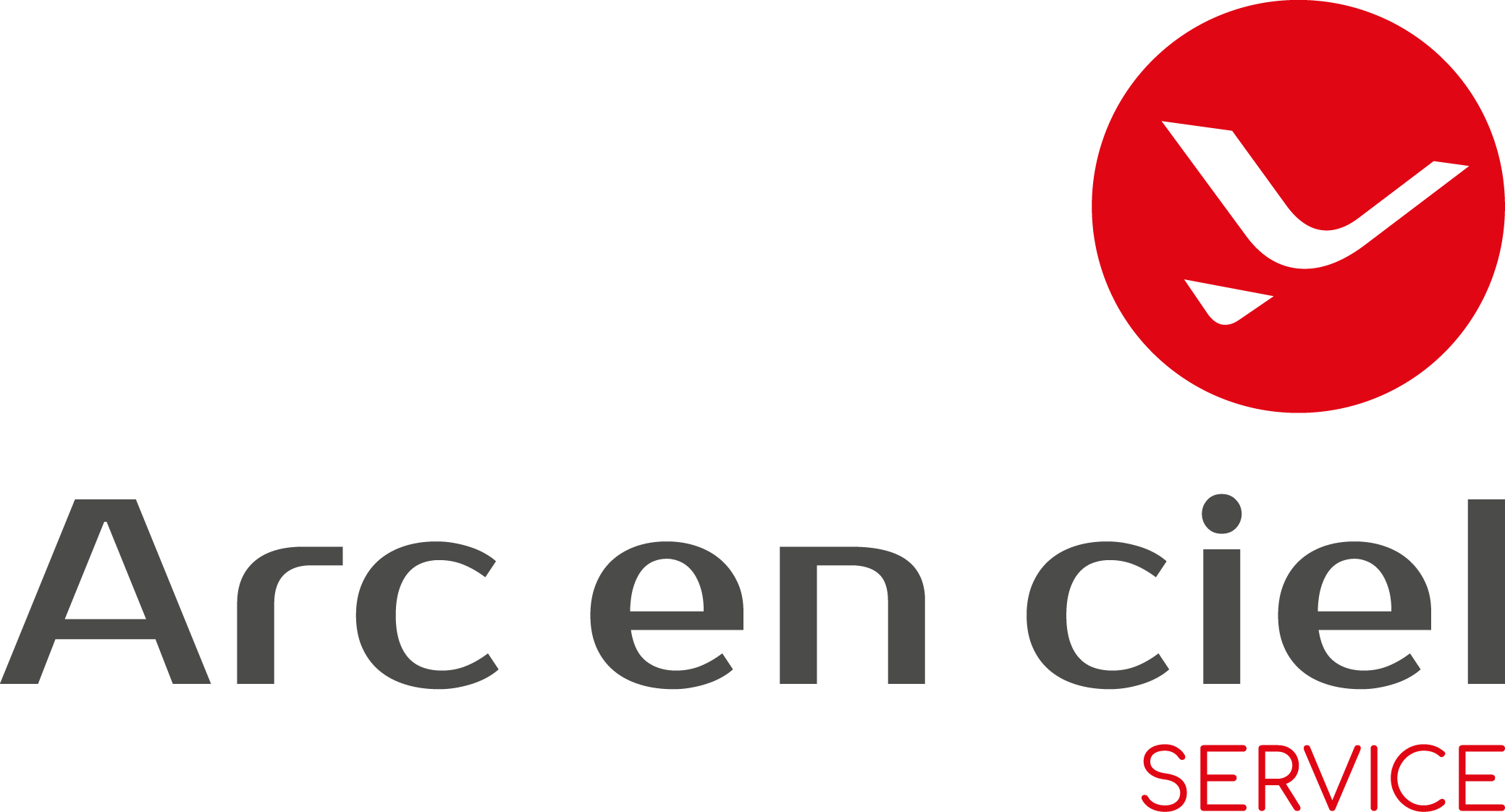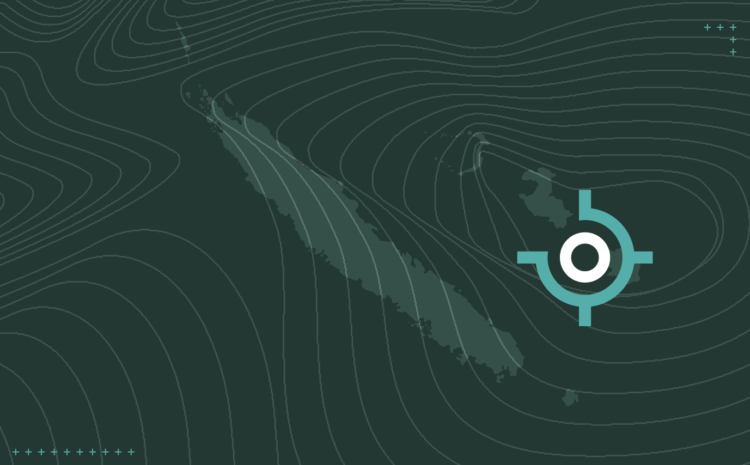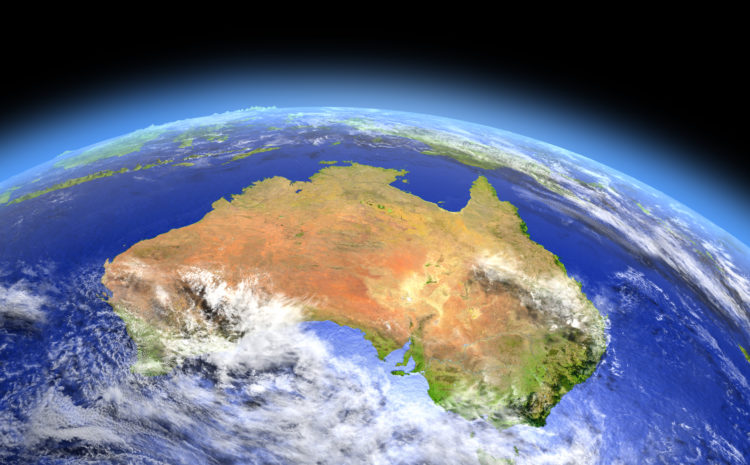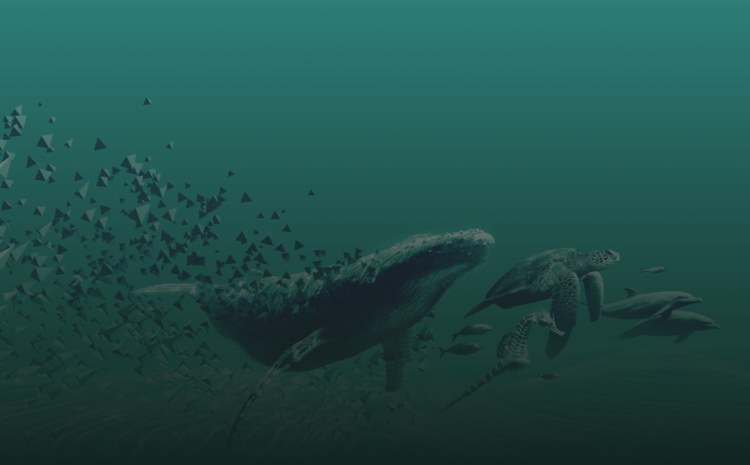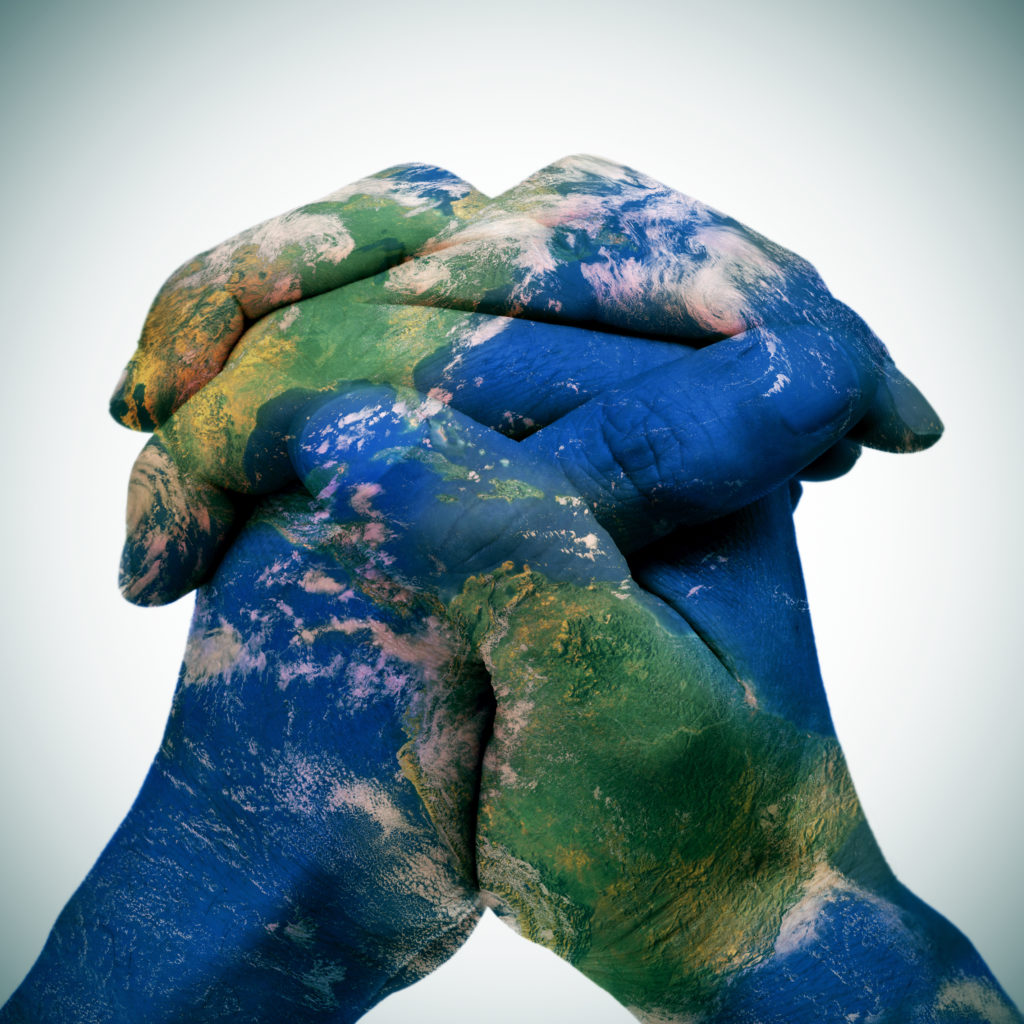
MORE ABOUT GROUP ON EARTH OBSERVATIONS
What is GEO?
The Group on Earth Observations (GEO) is an intergovernmental partnership of 113 member governments, 135 international organisations and thousands of passionate individuals and businesses. GEO provides a unique forum where governments, businesses, the research community, not-for-profits and all other groups come together to create solutions, to share, and to cooperate.
The GEO community uses Earth observation data about our planet to drive sustained and inclusive growth. GEO promotes open, coordinated and sustained data sharing and infrastructure for better research, policy making, decisions and action across many disciplines. The GEO community focuses on four global priority engagement areas:
- the United Nations 2030 Agenda for Sustainable Development
- the Paris Climate Agreement
- the Sendai Framework for Disaster Risk Reduction
- The United Nations New Urban Agenda
GEO also works across the following eight societal benefit areas where Earth Observations play a key role in decision making:
- Biodiversity and Ecosystem Sustainability
- Disaster Resilience
- Energy and Mineral Resource Management
- Food Security and Sustainable Agriculture
- Public Health Surveillance
- Infrastructure and Transport Management
- Sustainable Urban Development
- Water Resources Management
GEO’s Pacific Island Advisory Group (PIAG): A voice for the Pacific, by the Pacific
A number of key challenges remain to be overcome in order for the PICTs to take full advantage of services, information and knowledge available via the GEO community. In recognition of this, in 2020, the GEO Executive Committee established the PIAG to propose a strategy for engaging PICTs into GEO. Participation in PIAG is open to GEO members and GEO Participating Organizations.
PIAG seeks to work closely with both the GEO and PICT communities, in the following areas:
- SCOPE the EO needs and priorities of the Pacific
- CONSULT with PICTs to understand needs, barriers and opportunities for engagement
- CONNECT technical EO activities in the PICTs and GEO with one another
- ALIGN with relevant United Nations agendas
- ADVISE GEO governance on how to strengthen the links between PICTs and GEO
PIAG will work to advocate for the needs for the Pacific to the GEO Executive Committee and the broader GEO Work Programme until the end of 2024, at which its term as an advisory group will conclude.
What are the interests for OGS?
Increasing engagement between the Pacific and the international GEO community will strengthen the existing EO capabilities and capabilities within the region. Access to new techniques, infrastructure, skills, expertise and data residing across the global EO community will enhance the PICT’s ability to manage natural resources, respond to natural events in an increasingly dynamic and changing world and support the delivery of important regional and global agendas.
Why a dedicated session at the OGS?
After almost two years of PIAG’s operation, the OGS comes at a crucial time in which PIAG must determine its future direction. It is essential that this this discussion happens in the pacific to ensure that the PICTs are fully engaged and can lead the future direction.
Increasing engagement between the Pacific and the international EO community via the intra governmental Group on Earth Observations (GEO) will strengthen the existing EO capabilities and capabilities within the region. Access to new techniques, infrastructure, skills, expertise and data residing across the global EO community will enhance the PICT’s ability to manage natural resources, respond to natural events in an increasingly dynamic and changing world and support the delivery of important regional and global agendas.
SCHEDULE
Group on Earth Observations (GEO)
Welcome coffee
GEO, PIAG and the PICTs
Hybrid session
Coffee Break
PICTs & PIAG
Lunch
Future of PIAG
- Session A: for decision makers – round table discussion
- Session B: technical leaders/EO practitioners – whiteboard session on how to strengthen links into GEO activities, and why
Coffee Break
Space Climate Observatory in the Pacific (UNC)
Coffee Break
CEOS Duplex (UNC)
RESSOURCES
Documentations for Group on Earth Observations (GEO)
OGS wouldn’t be without…
Our partners
Share with the community thrue…
Social networks content
Work for the common good, take profit from…

